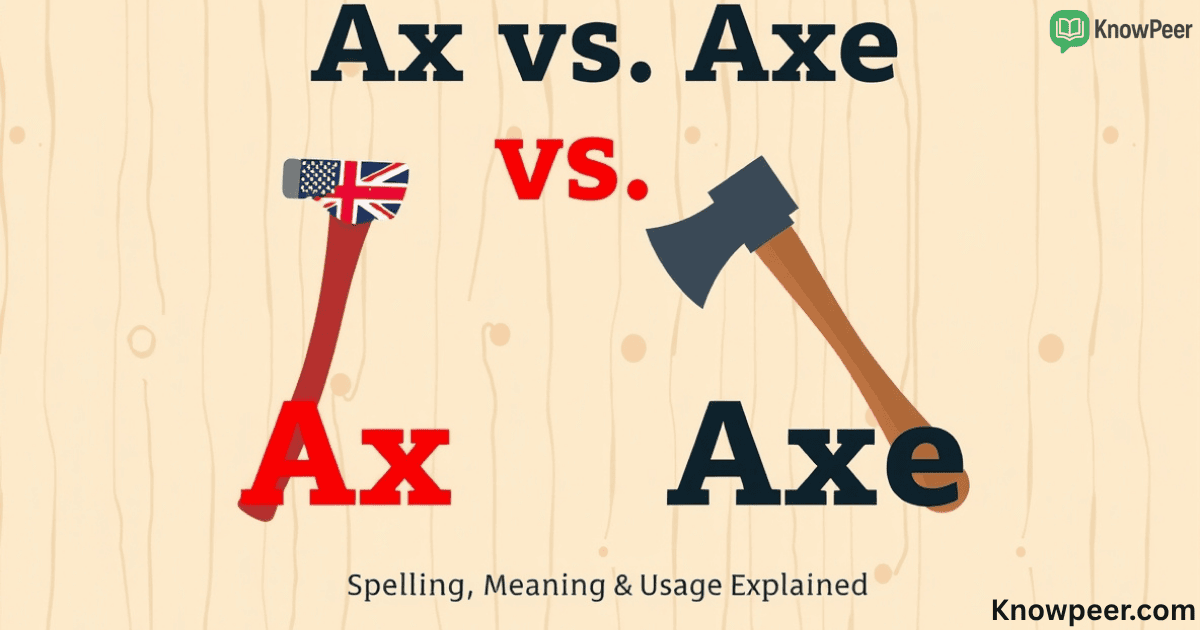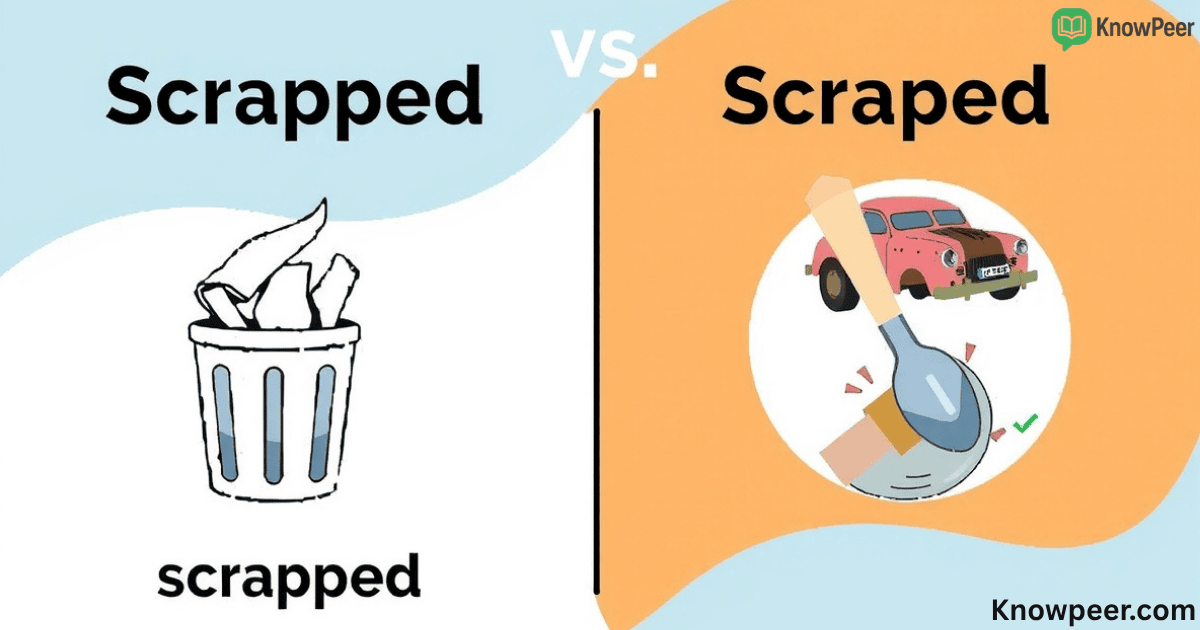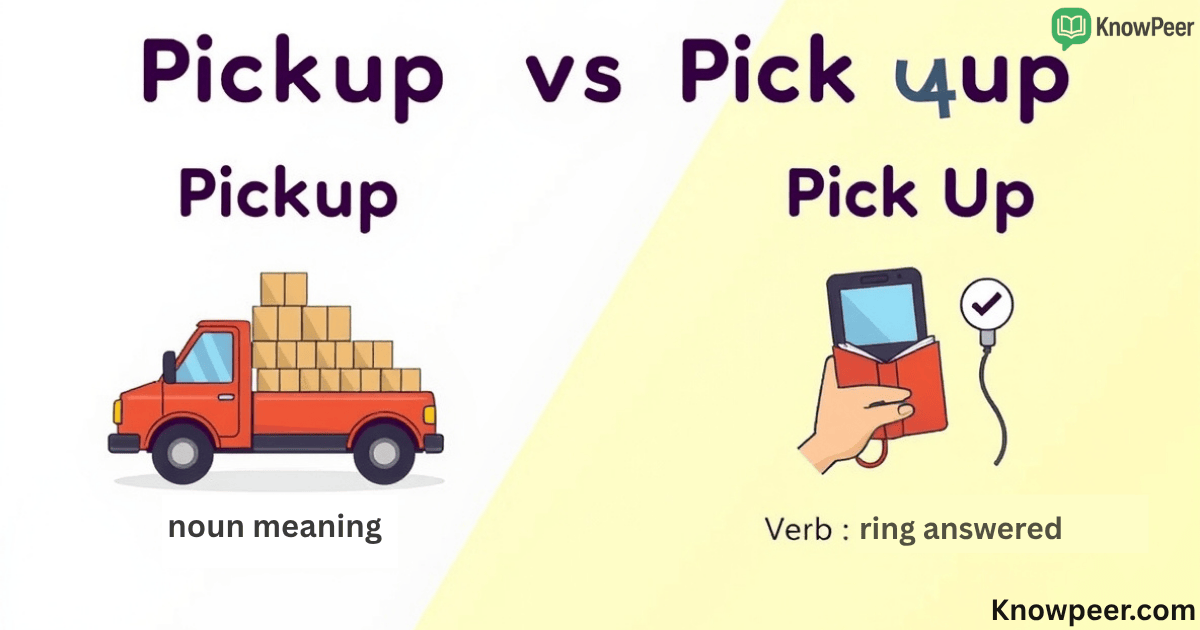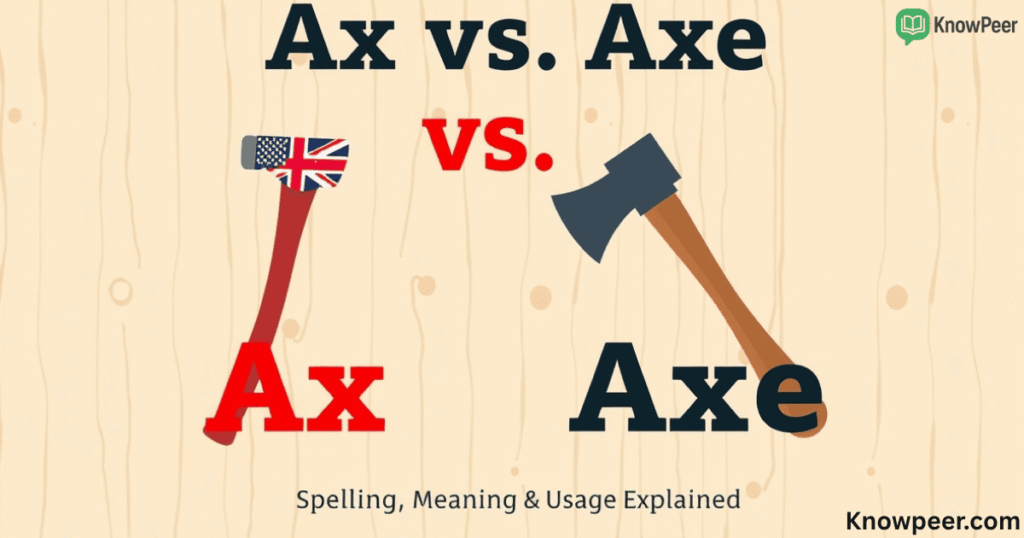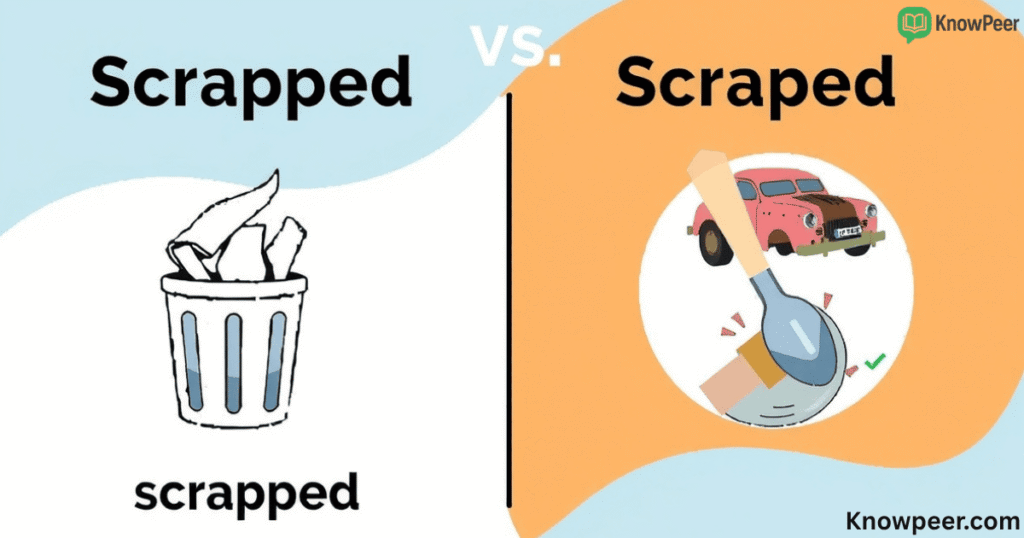What Do “Totaling” and “Totalling” Actually Mean?
The words totaling and totalling are two different spellings of the same word, both meaning to calculate the full amount or add up a number of items. These words come from the verb “to total,” which means to find the final amount by adding up values. For example, if you’re summing your grocery bill, you are totaling or totalling the cost of the items. Both spellings describe the same action but are used in different parts of the world based on regional spelling rules Totaling vs Totalling. You may also encounter these terms in financial settings, such as when totalling an invoice, or in more casual contexts like totaling up daily expenses. The meaning doesn’t change based on the spelling, but the choice of form often follows the norms of either American English or British English.
Besides being used in everyday math or accounting, the verb “to total” also has another meaning, particularly in American English. It can describe completely damaging something, such as a car. For example, “He totaled his vehicle in the accident.” The form changes to totaled or totalled in past tense, again depending on your location. Despite the different spellings, both forms communicate the same idea. Whether you’re in the U.S. calculating your expenses or in the UK totalling your work hours, you’re performing the same action. Understanding these two spellings helps make your writing more precise, especially when creating content for an international audience.
Why Two Spellings Exist: Totaling vs Totalling
The reason we have both totaling and totalling comes down to the differences between American English vs British English spelling standards. In American English, people use totaling with one “l.” In British English, the form is totalling, with two “l”s. It may look small, but this one extra letter reflects centuries of spelling differences and changes in language rules.
The story goes back to the early 1800s when American lexicographer Noah Webster led a campaign to simplify English spelling in the United States. He believed the language should be easier to learn and more logical. So, he proposed removing unnecessary letters. That’s why Americans write “color” instead of “colour,” “center” instead of “centre,” and “totaling” instead of “totalling.” The UK kept the traditional spellings, which follow older English rules. One of those rules involves doubling consonants before adding endings like -ing or -ed. So in British spelling, the “l” is doubled, producing totalling and totalled. This is a basic part of UK spelling conventions and helps explain why both forms exist today.
Global Usage Trends and Regional Preferences

Across the world, the spelling of words like totaling and totalling varies. In the United States, totaling is dominant. In British English, totalling is the accepted form. Canadian English often uses the British style, but mixes in some American forms due to U.S. influence. Australian English and Indian English also follow the UK spelling conventions.
These regional preferences are more than personal habits. They affect everything from professional writing to SEO writing and even publishing standards. For example, a company creating content for a global audience may choose to stick to one version consistently. That way, they avoid confusion in their documents and websites.
Here is a quick look at spelling choices by region:
| Region | Preferred Spelling | Example Usage |
| United States | totaling | “We are totaling the orders.” |
| United Kingdom | totalling | “She is totalling the invoice.” |
| Canada | totalling | “He is totalling up receipts.” |
| Australia | totalling | “They were totalling losses.” |
| India | totalling | “The staff is totalling costs.” |
Grammar Rules Behind the Spelling Differences
The spelling difference comes down to grammar rules in English, especially rules about adding suffixes like “-ing” or “-ed”. In British English, when a verb ends in a single vowel followed by a consonant, and the last syllable is stressed, the consonant is doubled before adding a suffix. So you get totalling and totalled.
American English often does not follow this rule if the last syllable is not stressed. Since “total” has its stress on the first syllable, Americans write totaling and totaled without the double “l”. These rules apply to many verbs, not just “total”. For instance, Americans write traveling, while the British write travelling. These are examples of consonant doubling and verb forms with -ing and -ed being handled differently.
Real Examples of Both Spellings in Context
You can find both spellings in use depending on the source. A newspaper in New York might say, “The company is totaling all purchases this year.” Meanwhile, a London-based magazine may report, “They are totalling the monthly invoices.” In academic writing, the spelling often follows the style of the journal’s country.
In international English, some global companies use tools to maintain consistent spelling across documents. Others create writing rules in their style guide to define a preferred spelling. It helps writers avoid mixed usage, such as writing totaling in one section and totalling in another. Consistency in writing is key, especially in business communication or professional writing.
| Example Source | Sentence | Spelling Used |
| New York Times (USA) | “He is totaling up his mileage for taxes.” | totaling |
| The Guardian (UK) | “She is totalling expenses for the month.” | totalling |
| Academic Journal (India) | “Data is totalling over 1,000 entries.” | totalling |
| Blog from Canada | “I started totaling numbers last week.” | totaling |
How to Choose the Right Form for Your Audience
When you’re choosing between totaling and totalling, the key is to think about who will read your writing and where they are located. If you’re writing for an American audience—such as a company based in the U.S., an American university, or a U.S.-focused website—go with totaling and totaled. These forms match American English rules and will look familiar and correct to readers from the United States.
If your readers are in the United Kingdom, Canada, Australia, or India, then stick with totalling and totalled. These versions follow British English conventions, and your audience will expect them. Using the correct spelling makes your writing feel polished and appropriate to the setting.
If you’re writing for a global audience, such as an international blog, product manual, or eBook, your best strategy is consistency Totaling vs Totalling. Pick either American or British English and use it throughout the document. Switching back and forth between the two can be distracting, even if the meanings are clear.
Many businesses and publishers create a house style guide that defines whether they follow American or British spelling rules. They may also refer to trusted external guides, like the Chicago Manual of Style, APA Style, or Oxford Style Manual, to decide which spellings to use. These resources help ensure all team members write consistently and avoid confusion.
Alternatives to “Totaling” and When to Use Them

Sometimes, it’s better to use another word entirely. If you’re repeating totaling or totalling too often, try one of its synonyms. These include adding up, summing, tallying, calculating, or counting. These words can also make your sentence clearer, especially in technical or financial writing.
For example, instead of saying “She is totaling the receipts,” you might say “She is adding up the receipts” or “She is calculating her expenses.” These phrases may sound more natural in conversation or informal writing. But in formal contexts like finance or accounting, “totaling” is often preferred.
Here are some alternatives and when to use them:
| Alternative Word | Example Sentence | When to Use |
| summing | “He is summing the final score.” | General math, casual use |
| calculating | “She is calculating total costs.” | Formal, technical writing |
| tallying | “They are tallying the votes.” | Voting, lists, event tracking |
| adding up | “I’m adding up my bills.” | Informal writing or conversation |
| counting | “He is counting the total entries.” | Everyday language, basic counting |
Quick Reference Table: Totaling vs Totalling
To make it easy, here is a simple table to remember when to use each version based on where you’re writing or publishing:
| Spelling | Country/Region | Usage Example | Notes |
| totaling | United States | “We are totaling the sales.” | American English, simplified spelling |
| totalling | UK, Canada, Australia | “She is totalling invoices.” | British English, double l spelling |
| totaled | United States | “He totaled his car.” | Past tense, US form |
| totalled | UK and other regions | “They totalled the amounts.” | Past tense, UK spelling |
Conclusion
At the end of the day, both totaling and totalling are correct. Which one you use depends on the regional spelling standard you’re following. What matters most is that you choose one and use it consistently. That way, your writing looks polished and professional.
For SEO writing, academic writing, or business communication, consistency helps build trust with readers. Using the wrong form might not confuse them, but switching between forms definitely could. Stick to the rules of your target country or follow a trusted style guide to keep your writing clear and correct. And if in doubt? Pick a synonym like calculating or tallying to say it in a different way.



